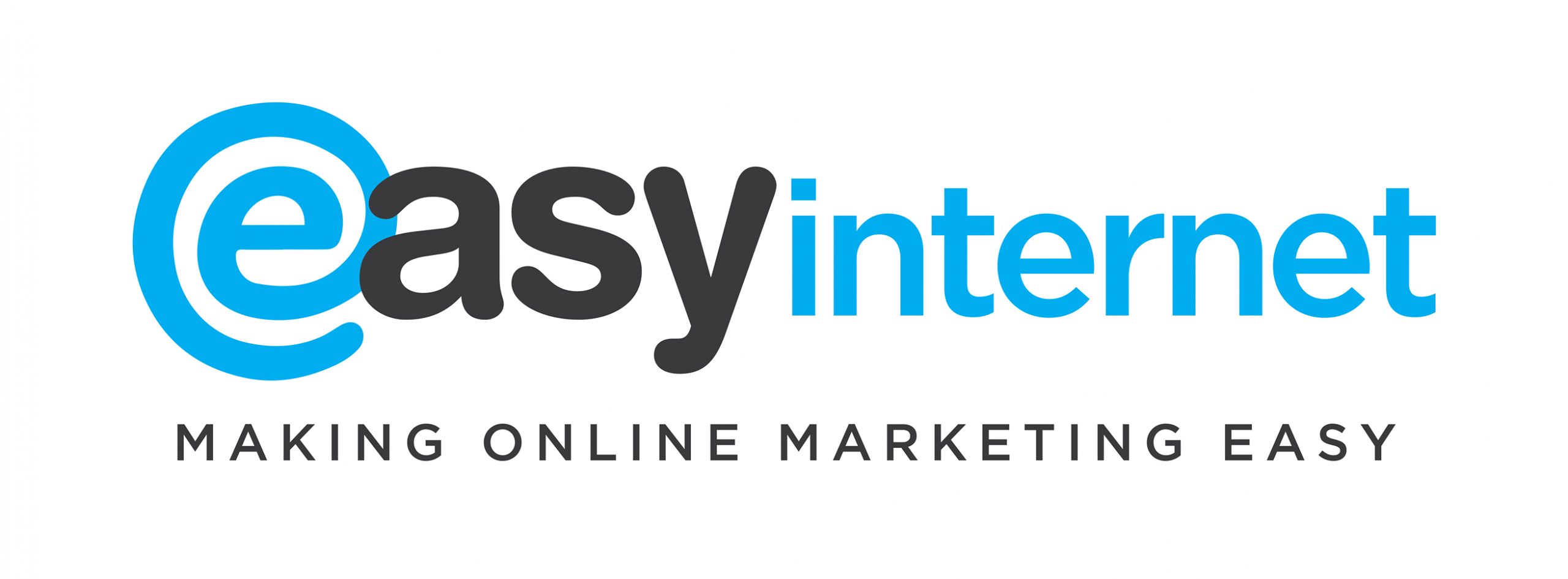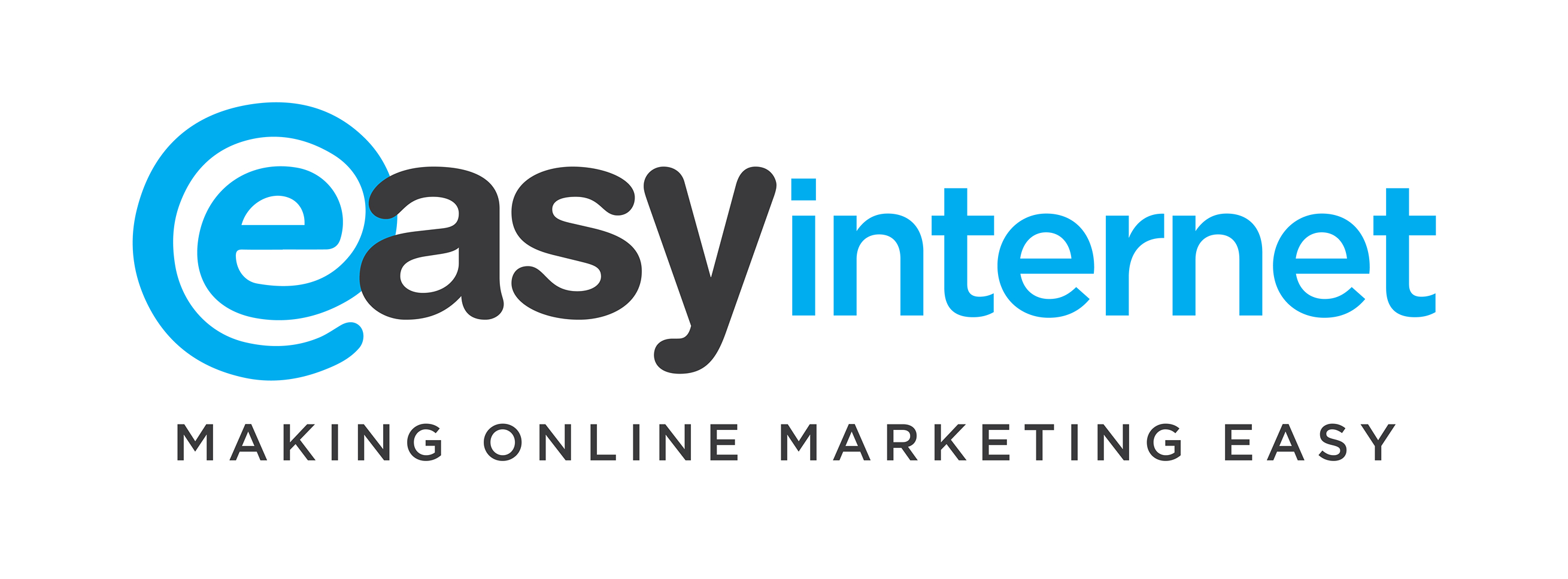Understanding Local PPC
Local PPC, short for pay-per-click, is a digital advertising strategy that businesses use to attract potential customers in their local area. It involves bidding on keywords related to the business and paying for each click on the ad. Understanding local PPC is crucial for businesses looking to increase their online visibility and attract more local customers.
Local PPC enables businesses to target their advertising efforts to specific geographic locations, ensuring that their ads are seen by potential customers in their local area. By understanding how local PPC works, businesses can effectively reach their target audience and drive more foot traffic to their physical locations. Additionally, understanding local PPC allows businesses to make informed decisions about their advertising budget and strategy, maximising their return on investment.
Businesses that understand local PPC can also take advantage of various targeting options, such as location-based targeting and geofencing, to ensure that their ads are seen by the right people at the right time. This level of understanding is essential for businesses looking to stand out in their local market and outshine their competitors.
The Importance of Local PPC for Businesses
Local PPC is essential for businesses looking to connect with local customers and drive foot traffic to their physical locations. In today’s digital age, consumers rely on search engines like Google to find local businesses, products, and services. By leveraging local PPC, businesses can ensure that their ads appear at the top of relevant search results, increasing their visibility and attracting more local customers.
Furthermore, the importance of local PPC extends to mobile users, as an increasing number of consumers use their smartphones to search for local businesses while on the go. By investing in local PPC, businesses can reach these mobile users and capture their attention at the moment they are actively seeking products or services in their local area.
Moreover, local PPC allows businesses to compete with larger corporations on a local level, levelling the playing field and giving smaller businesses the opportunity to reach local customers effectively. This underscores the importance of local PPC for businesses of all sizes, empowering them to establish a strong local presence and drive growth in their local market.
Local PPC vs. Traditional PPC
Local PPC and traditional PPC differ in their targeting and reach. While traditional PPC campaigns target a broader audience, local PPC focuses on reaching customers within a specific geographic location. This distinction is crucial for businesses looking to connect with local customers and drive foot traffic to their physical locations.
In addition to targeting, local PPC and traditional PPC also differ in their ad copy and extensions. Local PPC ads are tailored to include location-specific information, such as the business’s address and phone number, making it easier for local customers to find and contact the business. On the other hand, traditional PPC ads may focus on broader messaging to appeal to a wider audience.
Furthermore, the measurement of success varies between local PPC and traditional PPC. Local PPC success is measured by factors such as store visits, phone calls, and direction requests, which are directly tied to driving foot traffic and increasing local sales. In contrast, traditional PPC success is often measured by online conversions and website traffic, which may not directly translate to local business growth.
Setting Up Your Local PPC Campaign
Setting up a successful local PPC campaign requires careful planning and strategic execution. The first step is to create a list of relevant local keywords that potential customers are likely to use when searching for products or services in the area. These keywords should reflect the business’s location, offerings, and unique selling points to attract the right audience.
Once the keywords are identified, businesses can create targeted ad groups and compelling ad copy that speaks directly to local customers. It’s essential to include location-specific information in the ad copy, such as the business’s address, phone number, and any local promotions or events. This helps to capture the attention of local customers and encourage them to visit the business in person.
Furthermore, setting up a local PPC campaign involves selecting the right geographic locations to target, ensuring that the ads are seen by potential customers in the business’s local area. Businesses can also use geofencing to create virtual boundaries around specific locations, allowing them to target customers within a certain radius of their physical locations.
Local Keyword Research for PPC
Local keyword research is a fundamental aspect of setting up a successful local PPC campaign. Businesses need to identify and target keywords that are relevant to their local market and reflect the products or services they offer. This involves researching popular local search terms, including location-specific phrases and local modifiers that potential customers are likely to use when searching for businesses in the area.
Moreover, businesses should leverage keyword research tools to identify high-value local keywords with a good balance of search volume and competition. By conducting thorough keyword research, businesses can uncover valuable insights into the search behaviour of local customers and tailor their PPC campaigns to align with their preferences and intentions.
Additionally, businesses should consider long-tail keywords that are specific to their local offerings and have the potential to attract highly targeted local traffic. Long-tail keywords often have lower competition and higher conversion rates, making them an effective strategy for businesses looking to capture the attention of local customers and drive more foot traffic to their physical locations.
Local PPC Ad Copy and Extensions
Crafting compelling ad copy and utilising ad extensions are essential components of a successful local PPC campaign. Local PPC ad copy should be tailored to resonate with local customers, highlighting the business’s unique value proposition, local promotions, and any special offers available at the physical location. This helps to capture the attention of local customers and encourage them to engage with the ad.
Moreover, businesses should leverage ad extensions to provide additional information to local customers, such as the business’s address, phone number, and links to specific pages on the website. Ad extensions not only enhance the visibility of the ad but also make it easier for local customers to take action, whether it’s visiting the business in person, making a phone call, or exploring the business’s offerings online.
Furthermore, businesses can use location extensions to showcase their physical address and proximity to potential customers, making it easier for local customers to find and visit the business. By incorporating ad extensions strategically, businesses can maximise the impact of their local PPC ads and drive more foot traffic to their physical locations.
Tracking and Measuring Local PPC Success
Tracking and measuring the success of a local PPC campaign is essential for businesses to understand the impact of their advertising efforts and make informed decisions about their future strategy. Businesses can use various metrics to gauge the performance of their local PPC ads, including store visits, phone calls, direction requests, and online conversions that are specific to their local market.
In addition to basic performance metrics, businesses should also consider leveraging conversion tracking tools to attribute offline conversions, such as in-store purchases, to their local PPC campaigns. By accurately tracking and measuring offline conversions, businesses can gain a comprehensive understanding of the return on investment generated by their local PPC efforts and make data-driven decisions to optimise their campaigns.
Furthermore, businesses can use call tracking and recording tools to monitor the volume and quality of phone calls generated by their local PPC ads. This level of tracking provides valuable insights into customer engagement and allows businesses to refine their ad copy and targeting to drive more high-quality leads and conversions from their local PPC campaigns.
Choosing a Local PPC Management Company
Choosing the right local PPC management company is crucial for businesses looking to maximise the impact of their local PPC campaigns and drive meaningful results. A reputable local PPC management company should have a proven track record of helping businesses achieve success in their local market and possess in-depth knowledge of local search trends and consumer behaviour.
When selecting a local PPC management company, businesses should consider the company’s experience in managing local PPC campaigns for businesses in their industry and geographic area. This ensures that the company understands the unique challenges and opportunities present in the local market and can tailor its approach to deliver targeted and effective results.
Moreover, businesses should evaluate the range of services offered by the local PPC management company, including keyword research, ad copy creation, ad campaign management, and performance tracking. A comprehensive suite of services indicates that the company is equipped to handle all aspects of local PPC management and can provide end-to-end support to help businesses achieve their local advertising goals.
DIY Local PPC vs. Hiring a Local PPC Agency
Businesses faced with the decision of managing their local PPC campaigns in-house or hiring a local PPC agency should carefully weigh the pros and cons of each approach. While managing local PPC in-house provides businesses with direct control over their campaigns, it requires a significant investment of time, resources, and expertise to achieve meaningful results.
On the other hand, hiring a local PPC agency allows businesses to leverage the expertise and experience of professionals who specialise in local PPC management. This can lead to more effective campaigns, better performance, and a higher return on investment, as local PPC agencies have the knowledge and tools to optimise campaigns for local success.
Furthermore, businesses should consider the scalability and long-term impact of each approach. Managing local PPC in-house may be suitable for small businesses with limited advertising budgets and local reach. However, as businesses grow and expand their local presence, hiring a local PPC agency becomes essential to ensure that their campaigns remain competitive and continue to drive meaningful results.
Conclusion
In conclusion, local PPC is a powerful tool for businesses looking to increase their online visibility, attract more local customers, and drive foot traffic to their physical locations. By understanding the importance of local PPC, businesses can tailor their advertising efforts to connect with local customers and outshine their competitors in the local market.
From setting up a local PPC campaign and conducting local keyword research to crafting compelling ad copy and measuring campaign success, businesses have the opportunity to maximise the impact of their local PPC efforts and achieve meaningful results. Whether businesses choose to manage their local PPC campaigns in-house or hire a local PPC agency, the key to local PPC success lies in understanding the unique needs and preferences of local customers and delivering targeted, relevant advertising that resonates with the local audience.
In light of this, businesses looking to unlock the full potential of local PPC are encouraged to reach out to Easy Internet Services, the local PPC company that specialises in driving local business growth through strategic and effective PPC management. Contact Easy Internet Services today to take the first step towards local PPC success.




